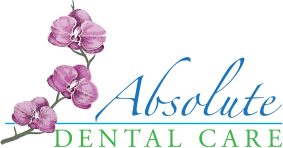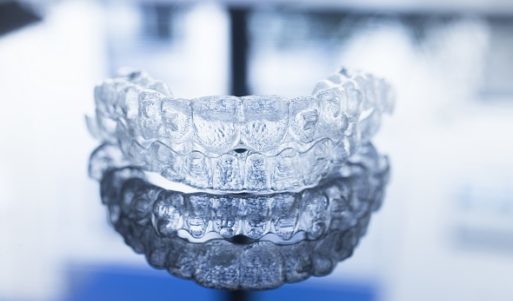 If you’re wondering if the amount of force you’re using during brushing is too much, the answer is probably, “Yes.” The reason this is so easy to state is the fact that only a little bit of pressure is necessary during dental hygiene. So little, in fact, that it’s only essential that your bristles are making contact with your teeth and gums. If you think you’re a bit too hard on your teeth and gums, we can help get you back on track (Remember: Easing up is essential).
If you’re wondering if the amount of force you’re using during brushing is too much, the answer is probably, “Yes.” The reason this is so easy to state is the fact that only a little bit of pressure is necessary during dental hygiene. So little, in fact, that it’s only essential that your bristles are making contact with your teeth and gums. If you think you’re a bit too hard on your teeth and gums, we can help get you back on track (Remember: Easing up is essential).
What Could Happen
What can happen if you brush your smile too hard during your dental hygiene sessions? The end result will always include some form of damage that may become complex to improve with restorative care. In addition to bringing esthetic damage along, the side effects may include:
- Receding Gums: This happens when you brush too hard and your gums begin to partially detach from your teeth, exposing too much of your roots. Sensitivity is common.
- Enamel Erosion: This occurs when you begin stripping away the enamel (outer tooth layer) of your teeth, exposing sensitive tissue beneath and leaving teeth vulnerable to decay and infection.
How To Fix The Problem
You will be happy to learn that revising this portion of your dental hygiene is very easy to understand and to achieve. You have two options. You can make the choice to brush softly and to check in on your efforts to make sure you’re sticking to the change. Or, you can swap your manual toothbrush for one of the electric variety (preferably one with a feature that turns the brush off when you press too hard). Simple!







